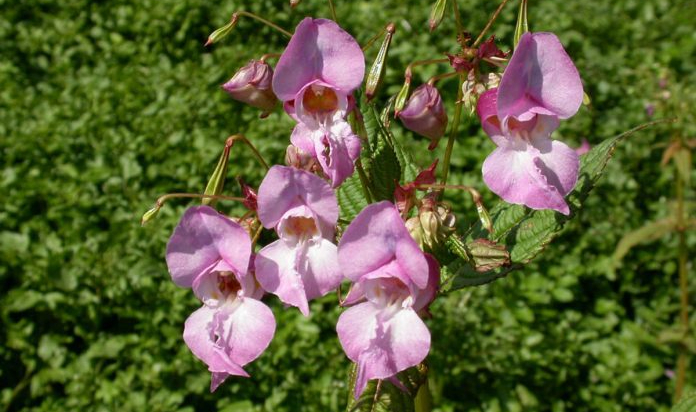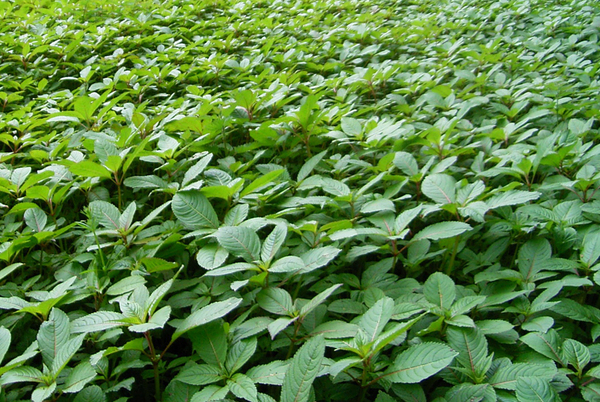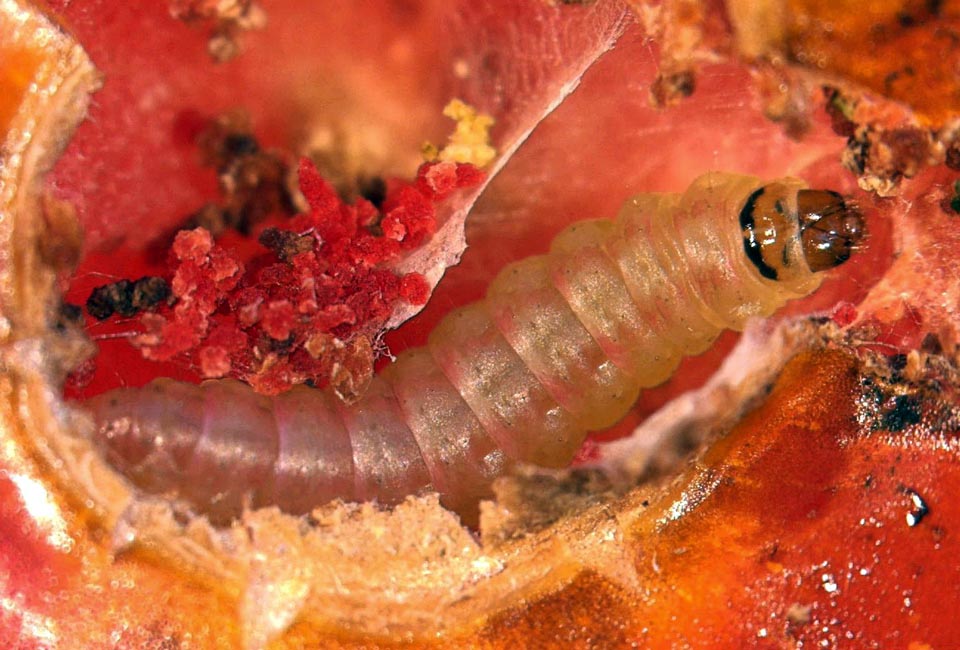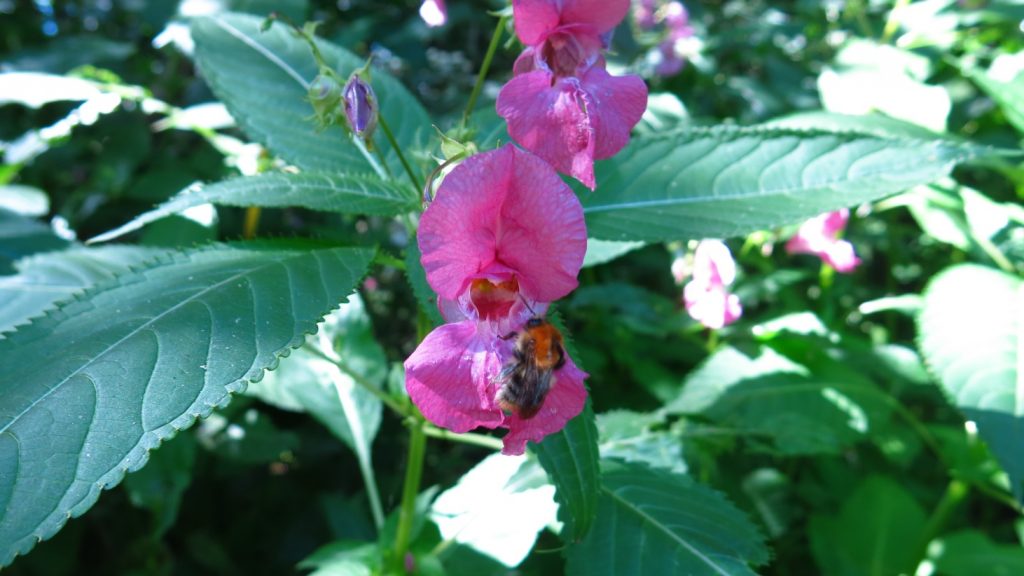The threat of invasive species to biodiversity: Biological control of Himalayan balsam
By Alan Gange. Reblogged from Open Access Government. Alan Gange, Amanda Currie & Nadia Ab Razak (Royal Holloway, University of London), Carol Ellison, Norbert Maczey & Suzy Wood (CABI ) and Robert Jackson & Mojgan Rabiey (University of Reading) discuss the threat of invasive species to biodiversity, including the biological control of Himalayan balsam Invasive species…
Hybrid Swarm: A Threat to Food Security in South America
By Charlotte Day. Australian scientists have published findings confirming the hybridisation of two of the world’s most invasive agro-pests into a more advanced ‘mega-pest’.
Dr Ulrich Kuhlmann unveils Biopesticides Portal prototype at Biocontrol Africa conference
Dr Ulrich Kuhlmann, CABI’s Executive Director Global Operations, has unveiled a prototype Biopesticides Portal that facilitates the identification, sourcing and application of more environmentally-friendly, cost-effective and sustainable biological control products in the global fights against agricultural pests and diseases. The CABI-led project was highlighted this week (20 March 2018) at the Biocontrol Africa conference in Nairobi,…
The search for an alternative to pesticides for the Stink Bug
CABI’s expertise in scientific research and development is helping to lead the fight against a global pest which has already caused millions of dollars’ worth of damage to hazelnut crops in Georgia and apple production in north eastern regions of the USA. Known not only for its pungent smell to deter predators and its ability…
The Valentine’s Day Invasion
The influx of imported flowers in time for Valentine’s Day increases the risk of invasive pests making their way into native vegetation. Throughout January and February each year, customs and border agents have to inspect floods of bouquets arriving from across the globe to their intended markets in the US and Europe. While the pretty…
Classical biological control of Drosophila suzukii with Asian parasitoids
The soft-fruit pest Drosophila suzukii, or spotted-wing drosophila (SWD), is particularly difficult to control because of its short generation time and its very broad host range, including many wild and ornamental plants. The pest has been causing damage to fruit crop in Europe as well as North America where damages costing $500million were reported in…
Using roundworms to manage the Tomato Leaf Miner
Research recently published in the Journal of Economic Entomology has offered new insight into managing the tomato leaf miner (Tuta absoluta) using entomopathogenic nematodes (EPN). If the pest is not adequately managed, it can cause up to 100% crop loss in both field and green-house grown tomatoes. Also causing further concern is the increasing insecticide…
Enlisting microbes to enhance Himalayan balsam biocontrol
Building on CABI research into the biological control of Himalayan balsam (Impatiens glandulifera) using a rust fungus (Puccinia komarovii var. glanduliferae), a Natural Environment Research Council (NERC) funded collaboration between Royal Holloway, CABI and the University of Reading is investigating the role of the microbial community associated with the plant and how these microbes may…
Taking on Fall Armyworm in Africa: The search for effective natural enemies
The Fall Armyworm (FAW), Spodoptera frugiperda has emerged as a serious threat to food security for millions of smallholder producers in Africa due to its rapid spread across the continent and extensive damage to staple cereals. At the last count, at least 28 countries were reported to be affected by the pest in Africa.
Why biological control is an important tool to manage problematic invasive species in Europe
Written by Dr Urs Schaffner, head of the Ecosystem Management section at CABI Europe-Switzerland. Over the last few years, biological invasions have become a regular topic in the news. Today the general public is probably better informed about the negative environmental and economic impacts alien invasive species can cause than ever before. However, concern about invasive…








